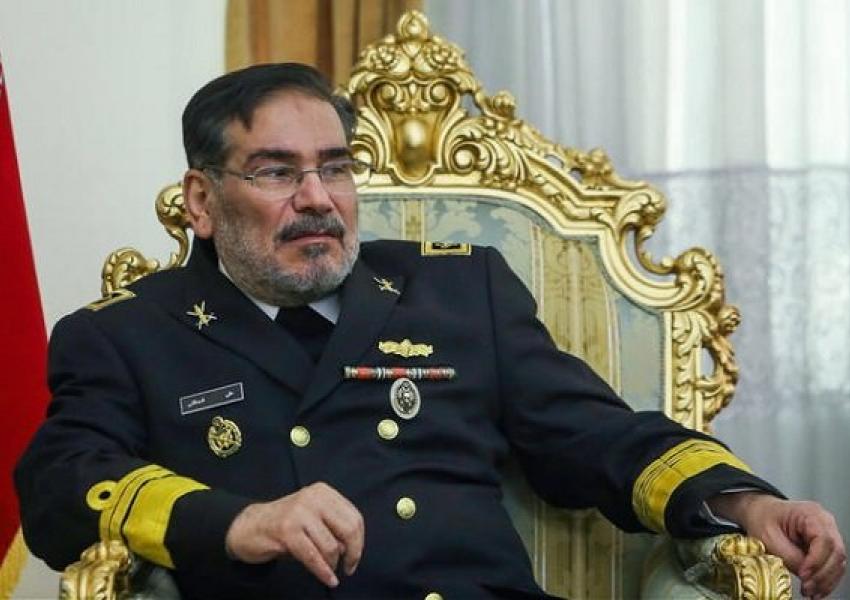
Top Iran Security Official Rejects Allegation He Wanted Protestors Killed
Ali Shamkhani, Secretary of Iran's Supreme National Security Council (SNSC), has threatened to sue reformist former lawmaker Mahmoud Sadeghi for alleging that he supported killing protesters "as an ultimatum" to intimidate others during unrest in November 2019 that left at least 304 dead.
Mahmoud Sadeghi’s accusations came on Sunday in a video clip circulating on social media where he relayed an alleged conversation with the SNSC secretary during the protests: "I told Mr. Shamkhani, look, these are people. [Security forces] are killing people on the streets. What is that you are doing? Are you going to kill them if they don't go away and remain [on the streets]?" Sadeghi goes on to claim that Shamkhani replied that "to give [the protesters] an ultimatum" they would do so.
A statement from the SNSC Secretariat on Monday called Sadeghi's remarks "completely untruthful and baseless" and claimed that Shamkhani had never had any conversations with Sadeghi over the protests.
"Sadeghi's malicious intentions from bringing up such matters is evident given his similar remarks on various issues, generally without any defendable evidence," the statement said. "His untrue remarks, irrespective of his political motivations, will definitely bear major security consequences for the country and are not pardonable. Therefore, the issue will be taken up with relevant judicial authorities to reveal his intentions for making such remarks."
In his video, Sadeghi claimed that one of the official committees investigating the unrest had found no evidence of involvement of opposition groups – presumably the Mujahedin-e Khalq Organization (MEK) and monarchists. This might refer to Shamkhani’s claim on December 12, a few days after the protests ended, that such groups were responsible for some deaths, with 58 percent of victims in Tehran province not present at protests and killed with weapons other than those held by security forces.
As SNSC secretary, Shamkhani is responsible for broad policy rather than operational matters, where onus lies with law-enforcement bodies including the Revolutionary Guards. In
March, a top army commander Brigadier-General Kiyumars Heidari revealed his troops had been "in the field" during the November 2019 unrest, which began on the evening of November 15 after an increase in fuel prices and lasted over a week.
Iran has never officially announced figures for overall deaths or arrests in November 2019. Amnesty International reported the killing of at least 304 protesters, including at least 23 minors. Reuters on December 23, 2019 claimed that 1,500 people were killed in the two weeks after November 15









